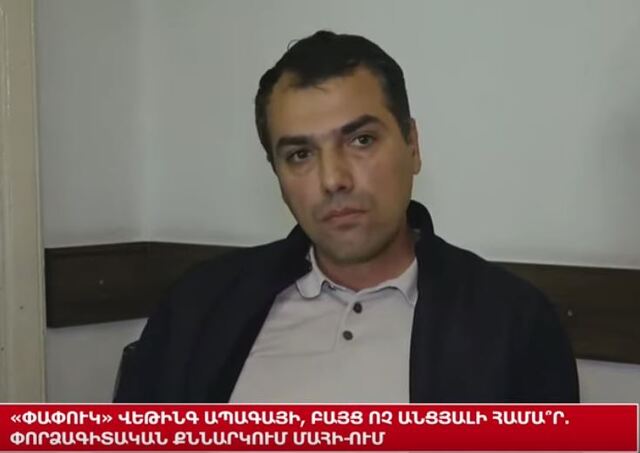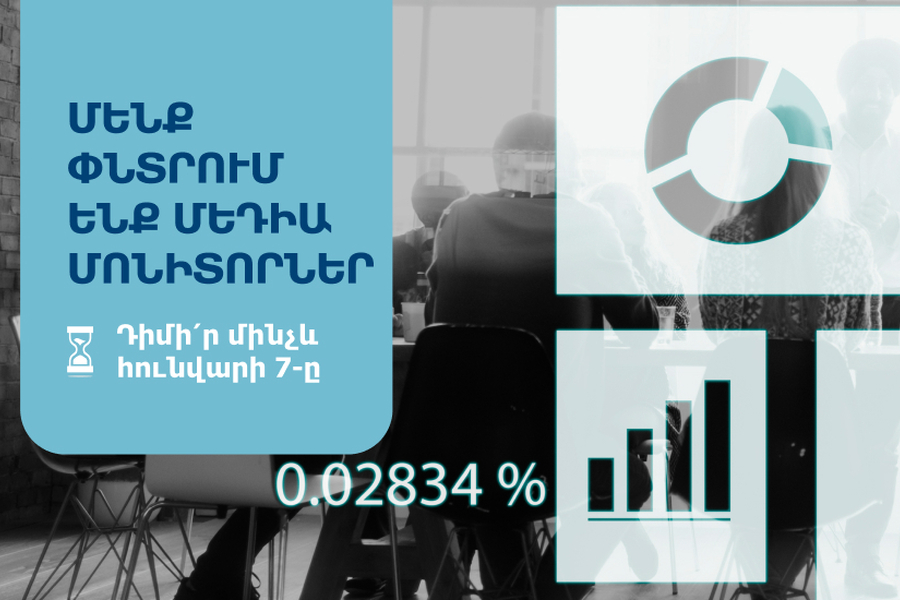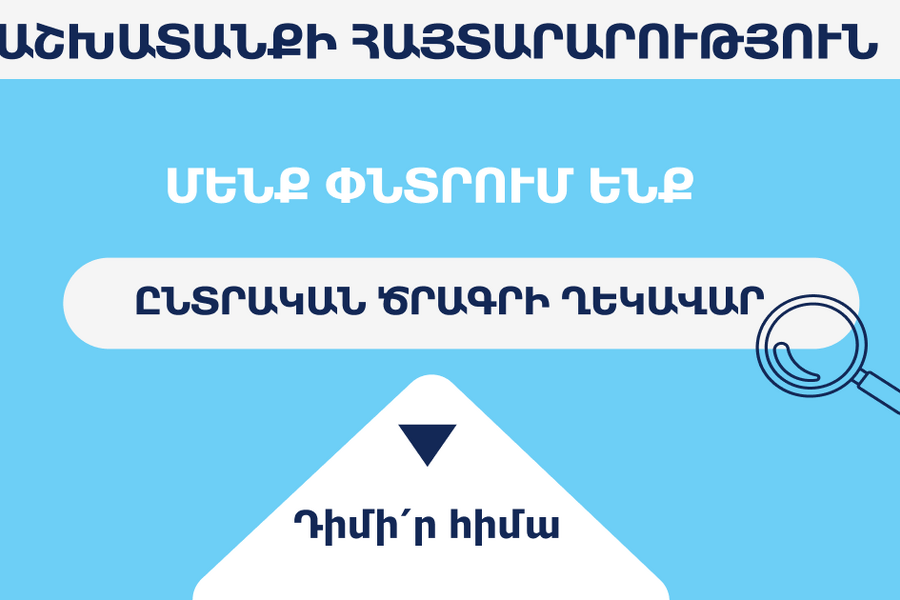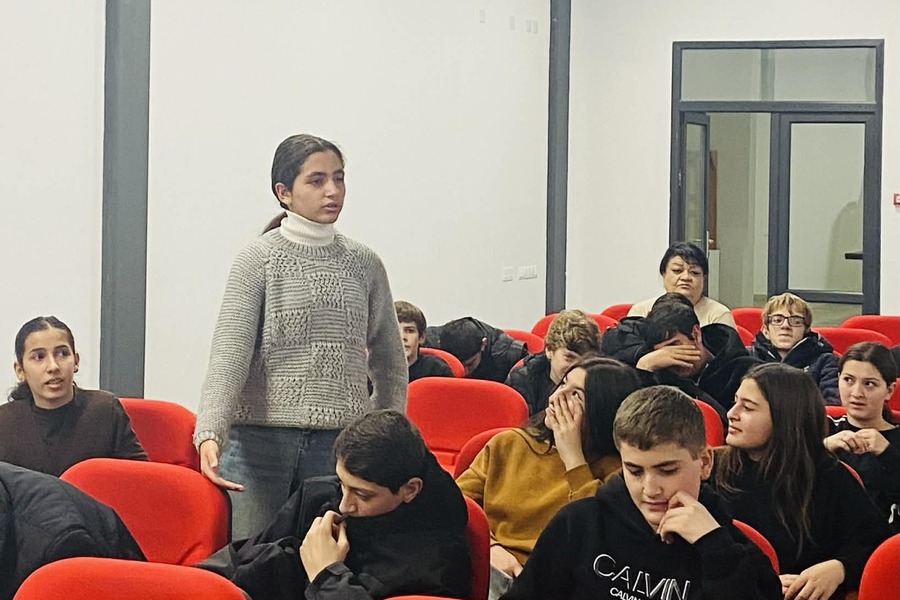Promised vetting of judges not taking place due to lack of inefficient parliamentary oversight: Hayk Martirosyan
On May 20, an expert discussion on the topic of “Soft vetting for the future but not for the past” was held at the Armenian Institute of International and Security Affairs (AIISA) where Hayk Martirosyan, a legal expert from the Transparency International Anticorruption Center (TIAC) touched upon a number of issues in the scope of the expected legal and judicial reforms in Armenia.
According to the TIAC expert, one of the main reasons that two years after Armenia’s Velvet Revolution no vetting of judges has been done like it was promised mainly due to the lack of effective oversight carried out by the National Assembly. “The government adopted an anti-corruption strategy, then moved to approve the strategy of legal and judicial reforms and the action plan stemming from it, however, the public views this simply as a government program and not a strategy for the country. Whereas we should have seen another approach where these strategies would be approved by the parliament, which would then follow up the implementation of these documents,” Hayk Martirosyan has noted. Martirosyan also believes the parliament should have raised this issue during the last year and asked the minister of justice what measures had been taken to enforce the vetting components and make them applicable within the time frames set forth by the strategy on legal and judicial reforms.
Martirosyan continues that it is important to understand what kind of solutions could be found in the present context. The TIAC expert agrees with the notion that if “hard” vetting is to take place, the judicial system might face a total collapse. In this situation, according to Martirosyan, one of the solutions could be moving to bring new personnel into the system and only then turn to the implementation of a hard vetting.
Original source: 1in.am






